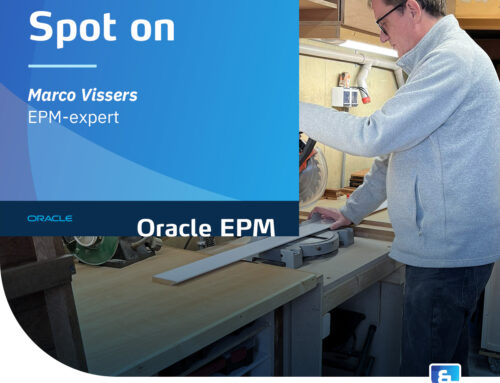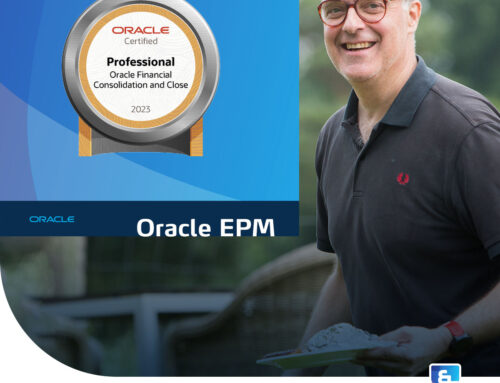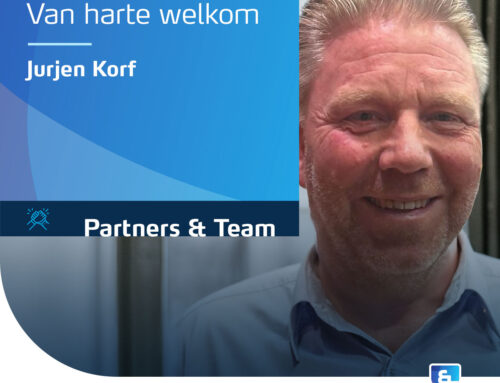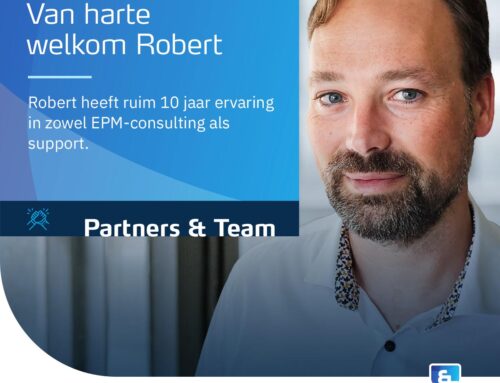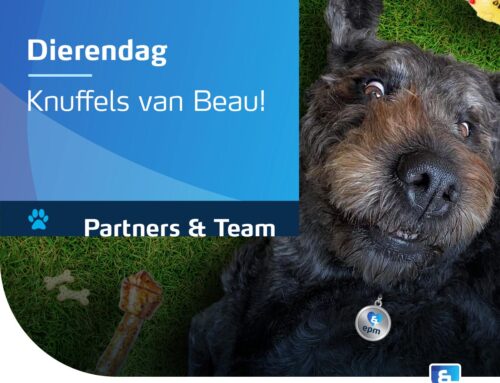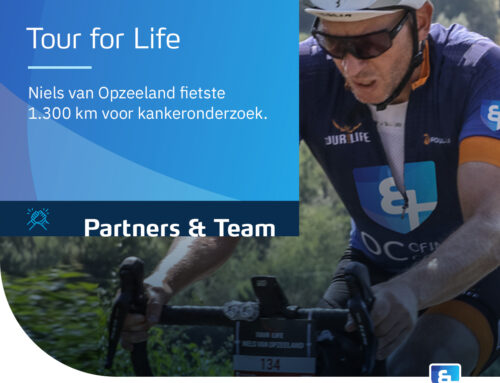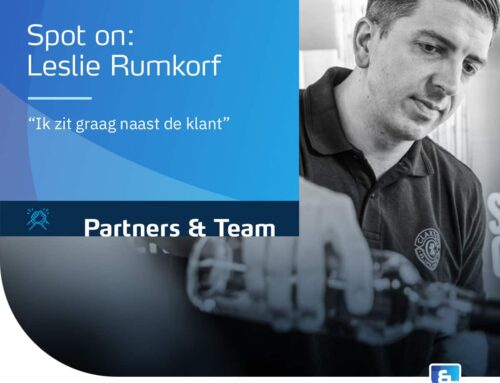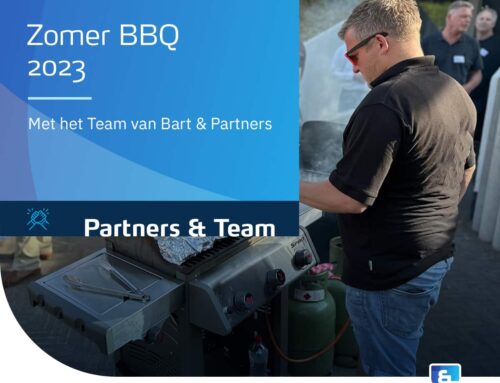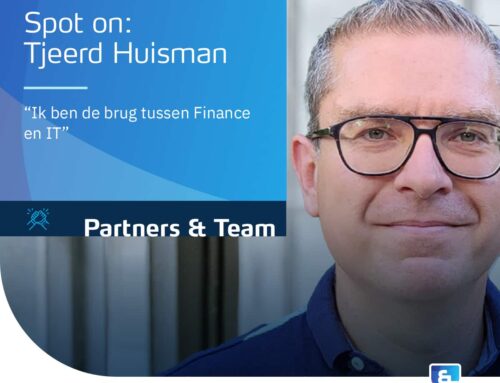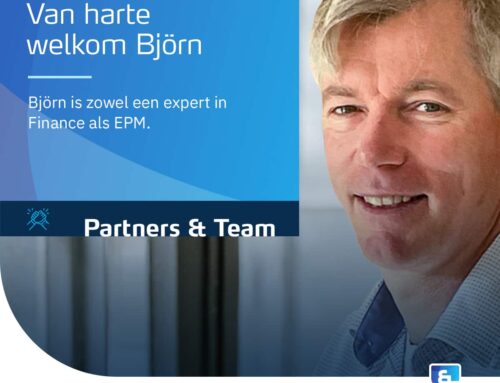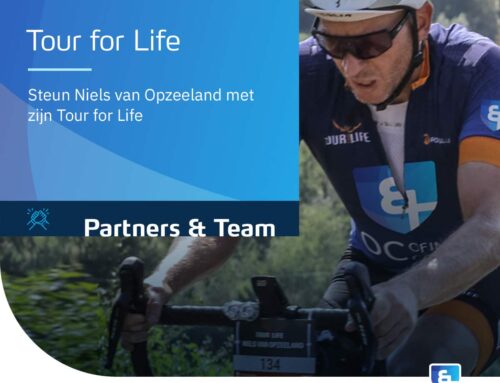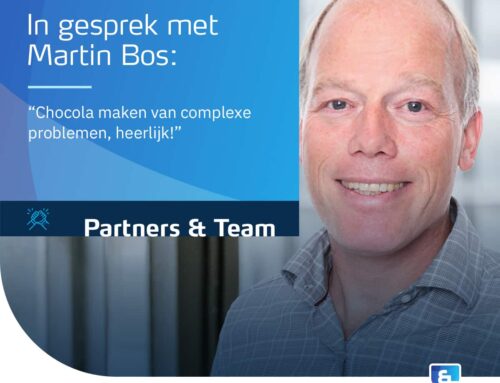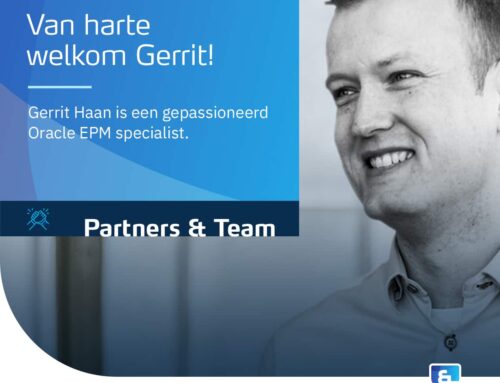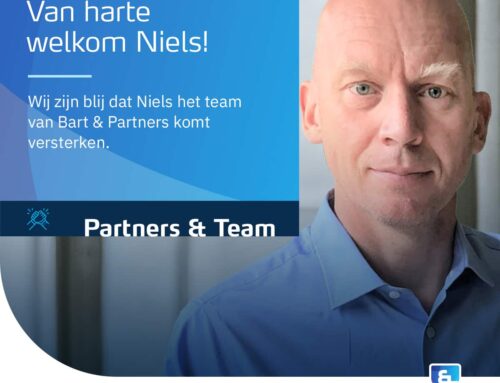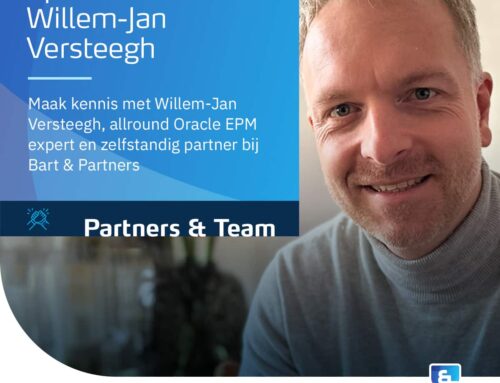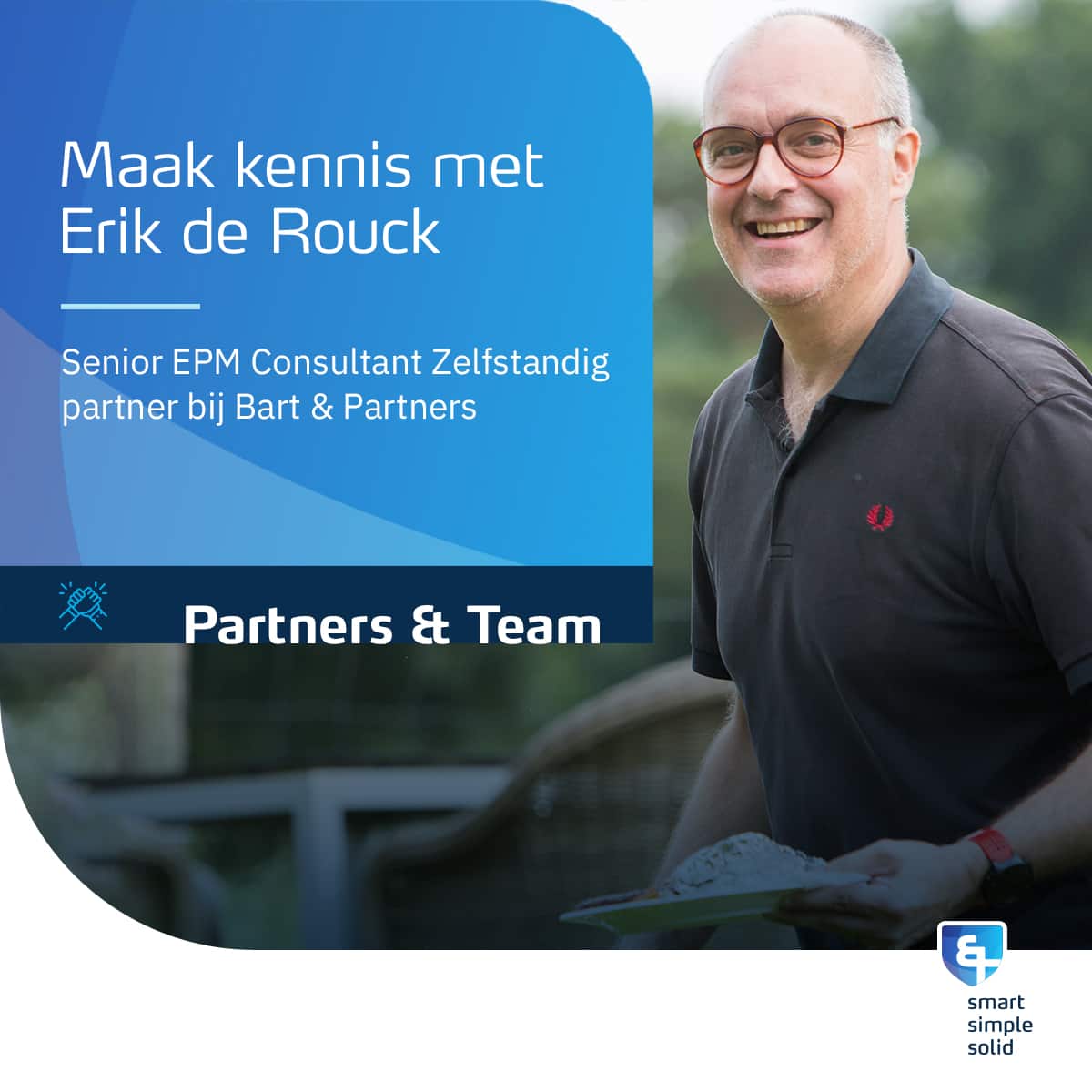
In conversation with Erik deRouck9Minutes estimated reading time
Interview: Erik de Rouck. "Building transparent, simple and dynamic in maintenance, that's the art."
Meet our Flemish colleague Erik de Rouck, independent partner at Bart & Partners.
Independent partner Erik de Rouck from Mechelen, Belgium, has been in EPM consultancy for 25 years. At Bart & Partners he recently started an Oracle EPM project for a special client: Radboudumc in Nijmegen.
A good time to question our Flemish colleague more closely. A fascinating conversation about the beauty of the EPM profession. About being an independent partner at Bart & Partners. About that special assignment he's working on right now. And about much more...
You've been in EPM consulting for 25 years. What path brought you there?
My first job was as a junior accountant at Tulip Belgium, a computer manufacturer in the Netherlands at the time. I worked in the financial department, but soon realized that I preferred to be busy building Excel sheets, rather than purely with finance itself.
My next job, at DHL, was then -not coincidentally- more of a mixture of technical and financial things. They were working with an Oracle EPM system for their consolidation. After that I continued to follow that track and eventually ended up in EPM consultancy.
What is your speciality?
Planning and Budgeting. I also worked on consolidation applications, but ultimately found more creative challenge in a planning system. A planning story is always a very personal one. Every company has more or less its own way of doing things. So when you come to a company, you start the build-up with a blank sheet. I think that's a little more creative and more building.
Is it that creative side that attracts you to your work?
Yes, absolutely. I once had a client at a bank, the ING, and he said, "There's a certain beauty in creating such a system. I think he's right about that. Building something transparent, simple and dynamic in maintenance, that's the art.
It's a bit like a clock, where you have to put all the cogs in the right place. Eventually, that big hand starts spinning the right way and shows the right time.
For you, what is the core of the EPM consulting profession?
Communication. That's the bottom line. Hearing what people need. Part of the assignment is for them to tell me, from their knowledge and background. At the same time, it is my job to explain what you can do with such a planning system. And what you should perhaps not do with it.
Eventually, those information flows must come together. A project is successful when everyone finds and recognizes what they need and really wants to use the system.
You are an independent partner at Bart & Partners, why that choice?
I like that I have the freedom, in part, to choose what I do. For example, there are projects that I'm not going to be interested in and then I have the option to say no.
And I enjoy being an entrepreneur. Being self-employed, I have a lot of hats on. I'm not just the guy in the field building those applications. I'm also kind of the marketing guy, the salesman, the web developer and the guy who does the finances. I think the ability to combine all those roles is an interesting aspect.
Why are you at Bart & Partners?
I've been in EPM consulting for 25 years. And the unique thing about Bart & Partners is that they have managed to build a company with things that are loose ends in other companies. They often have their own people and a certain network of partners, but that is organized opportunistically. At Bart & Partners you don't have that.
What is the evidence for this?
We had a barbecue the other day. Then you hear that sometimes people don't even know if someone is an employee or a partner. So they don't even know that about each other. Why? Because it's not important. And why is it not important? Because it doesn't make a difference.
And I think that's an important benefit of Bart & Partners. They treat everyone equally. They also take care of the partners so that they have few worries. Bart and Bart have created a universe in which their own employees and independent partners work together completely in harmony. And that's pretty unique.
Does that explain the company's success?
I think the success lies in the fact that they have very clearly aligned what they do. And more importantly, what they're not doing. So they have a very tight vision of what the need is with everyone and what needs to be done to meet that need. Not just with the customers, but also with the people on staff and with the partners.
They give a lot of confidence and therefore you get a lot of confidence. And not only from their own people. Right now they are getting calls from all sides. There is more work than there are people. So it's a good place to work.
What do you think is typical for Bart & Partners?
The no-nonsense mentality. In Flanders we would say: no nonsense. I am convinced that customers find this attractive. They have the strong idea: here comes someone who knows what he is talking about. Someone who understands what I'm saying and does his work effectively. Someone who doesn't present 20 slides, but just makes sure the system is there.
You are now working for Radboudumc, a university hospital. What does the assignment entail?
Together with another EPM specialist, who like me does planning and budgeting, we are going to build a large application there.
Radboudumc is an organization with 5,500 researchers and lots of research projects. The hospital receives money for this or tries to acquire it from companies, sponsors and so on. Our assignment is to set up a new project administration with which they want to achieve a number of goals.
They want to know at the beginning of a project: do we have enough money to make the research project successful? Or do we still need to raise funds somewhere? Thanks to the system, they will soon be able to follow the life cycle of a project, both medically and now also better financially.
In addition, they want to give researchers insight into the time they spend on the projects. The hospital also wants to be able to see when people become available again for new projects.
At the moment a lot of that information is still in spreadsheets, so there is little overview. We are going to set up the system with a database underneath, so that you can analyze all the information from all angles and get the necessary reports out of it.
Normally you do projects at companies, this is a hospital. Is that different?
Only the terminology is different because it is non-profit. With a business, the goal is to have as little cost and as much profit as possible. With nonprofits, it's different. Those try to break even or do as much research as possible. And yes, a hospital is a different environment. That is new to me and I do find it interesting.
You find your work super fun by the sound of it, but what do you like to do in your free time?
To keep in shape, I try to go running every now and then. And one of the things I like to do in my spare time is history. I live in Mechelen, a city with an enormously rich history. In the 16th century it was the capital of the 19 Provinces, so also of the Netherlands. Did you know that we have more monuments here than Bruges, the most of the whole of Belgium?
So if you want to visit Belgium? Then my tip is: Mechelen.

